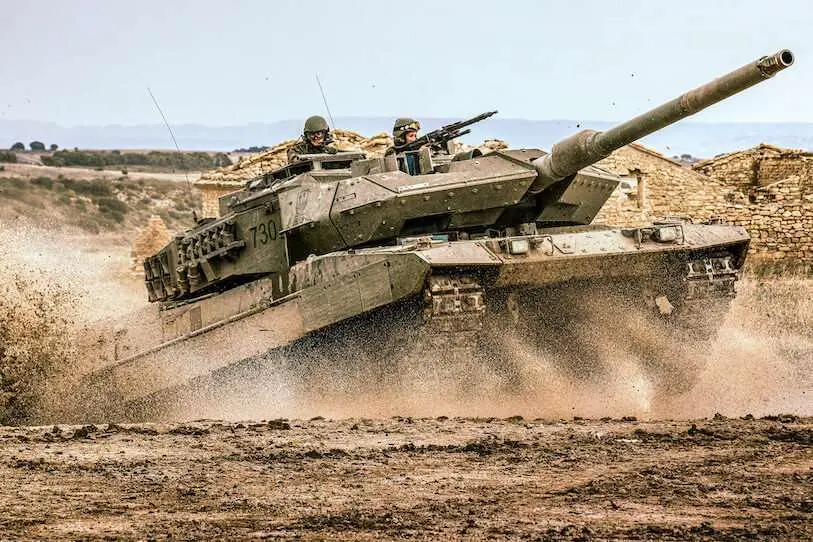Leopards

Russia may be preparing to launch a second major offensive in spring. This is the conclusion of different analysts and strategists, naturally not confirmed by Kremlin sources, but by the government and the high command of the Ukrainian army, which insist on asking the United States and Europe for more armaments. Specifically tanks (300) and other armed vehicles (600), either to face the possibility of an offensive, or to dissuade the Russian army and President Putin from undertaking for the second time a campaign with an unbearable cost in lives and material.
The political question now is who puts in the tanks.
The U.S. Abrams have to be brought in and then fed with special fuel. The British Challengers could reinforce the contingent, but the United Kingdom has 227 modern tanks of which it could provide little more than a dozen. And the Leopards, European and German, 2,000 distributed in twelve locations all over Europe, have all the conditions to move quickly to Ukraine and be effective in a short time, but they clash with the policy of a certain appeasement of Chancellor Scholz.
As if the Kremlin had plotted the strategy of the new offensive with a first step of weakening Western unity, Germany now finds itself at the center of the debate where Scholz has entered on his own foot. Single-handedly. Because the government partners in Germany, Greens and Liberals, have said yes to the request and it is the Social Democratic Prime Minister who is keeping the doubt, apparently so as not to close the door to an understanding with Russia when a negotiation process is opened, and beyond. Meanwhile, the United States is taking the opportunity to ask whether the German government is going to remain firm in its commitments of only a few months ago or, on the contrary, wants to maintain its traditional policy, especially that of the Social Democrats, of chameleon-like observation of the Atlantic, the Baltic and Central and Eastern Europe as a space open to non-exclusively Western interests.
The internal allied tension being important, although not decisive at this moment, what is really relevant is to know whether Russia is planning to invade Ukrainian territory again with even greater combat strength. Or if, on the contrary, the mobilization is a strategy to force a negotiation under favorable conditions for the Kremlin. And it is equally relevant to know whether Ukrainian society and the Ukrainian army are ready for a second, more bloody phase. According to their military chiefs, with Patriots and Leopards, they are. As they would also be ready to face this hypothetical and unclear negotiation process in conditions of greater balance, as Camille Grand, defense expert at the European Council of Foreign Affairs, assures in the New York Times.
Following Clausewitz, modern strategy differentiates between knowledge, probabilities and unknowns. The more we learn about third parties, that is, when we are aware of what we do not know more precisely, the more accurately we can approximate and link knowledge and probability. The certainty that Russia cannot admit defeat is a knowledge. The possibility that it is willing to negotiate is a probability. The German chameleonic view is a more accurate approximation of not knowing.

